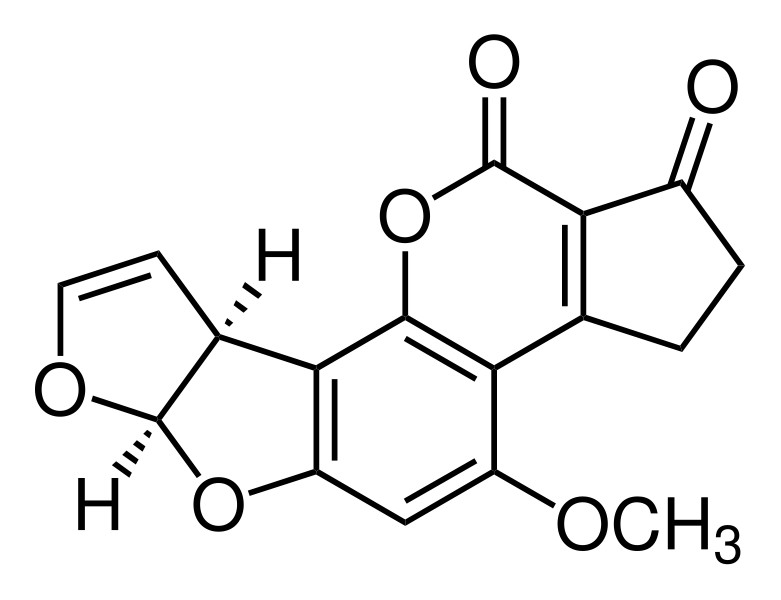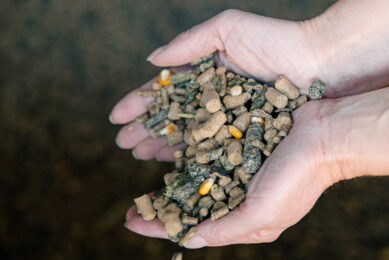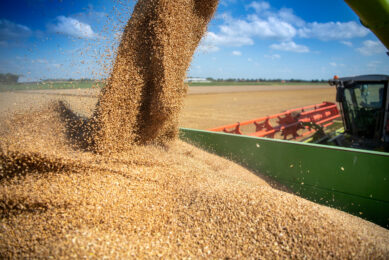A biological approach for Aflatoxin B1 in DDGS

The mycotoxin Aflatoxin B1 can be a problem in maize and hence Dried Distillers Grains (DDGS). Using a biological approach can be a solution to reduce the mycotoxin load.
Mycotoxins such as aflatoxins can be targeted via different routes: such as clay binders, irradiation and chemicals. Nowadays, there is an increase in the reported number of possible aflatoxin degrading bioremediators, with micro-organisms or enzymes.
A Hungarian study therefore investigated and compared the aflatoxin degradation efficiency of a Rhodococcus pyridinivorans strain as bacterial inoculum and as bacterial extract in both the liquid and solid phases of an aflatoxin B1 contaminated bioethanol by-product (i.e. whole stillage) during a three-day incubation period.
Results show that 3-day microbial treatment cannot cause aflatoxin B1 degradation due to its tight binding into the solid stillage. Therefore longer, namely a twelve-day degradation experiment was performed in which the degradation profile of this strain was determined.
The results demonstrated that the aflatoxin content of the stillage significantly decreased between the 3rd and 7th days of the microbial reaction. More than two-thirds of the aflatoxin B1 content reacted during this time. The growth of bacteria was also monitored and statistically analysed. The exponential stage of biomass growth changed to a stagnant state after seven days incubation time, in harmony with the mycotoxin degradation rate. This work gives an early-state insight of aflatoxin B1 detoxification of animal feed, sourcing from bioethanol production as a by-product, by Rhodococcus pyridinivorans K408 bacterium strain.











